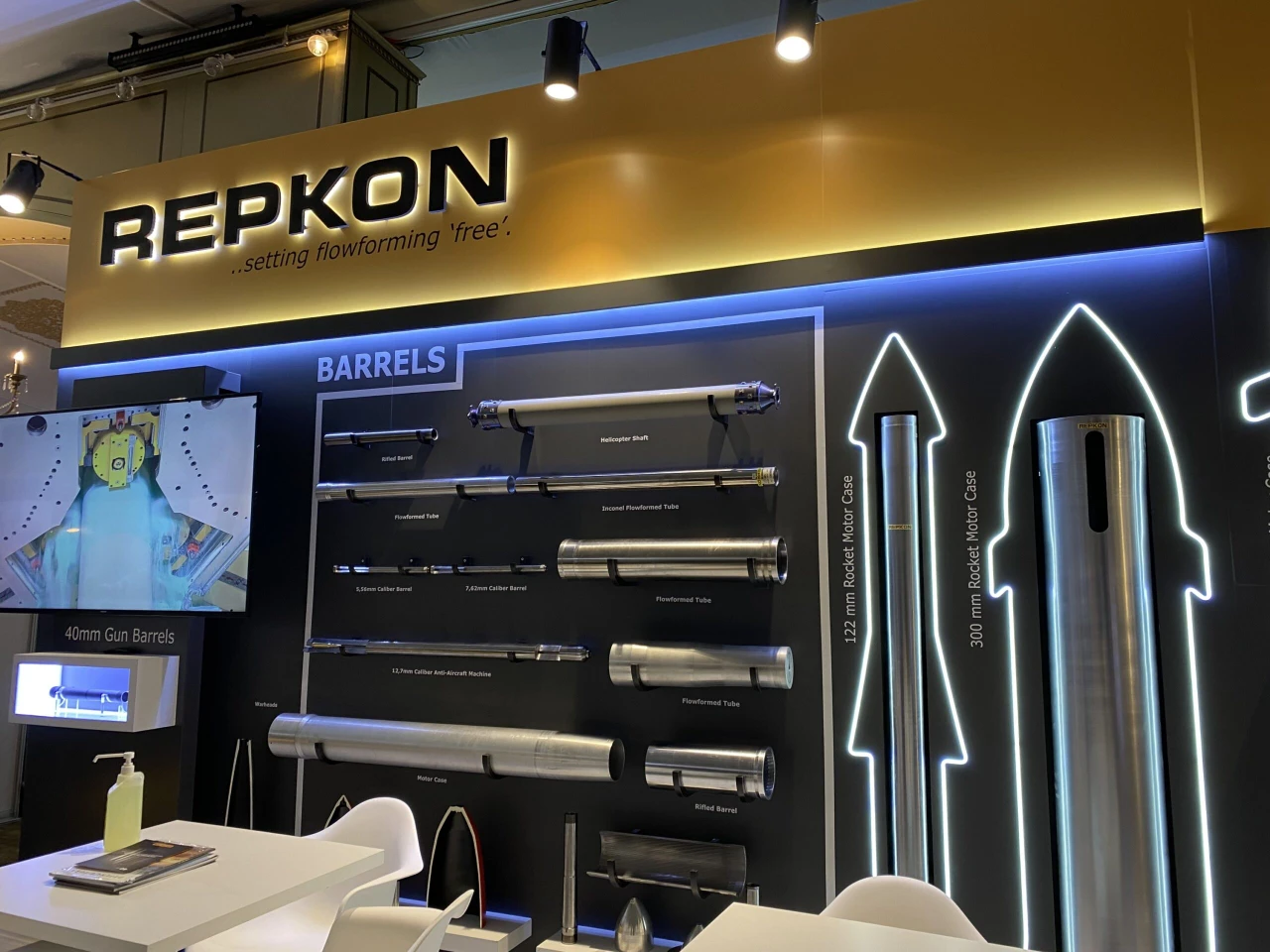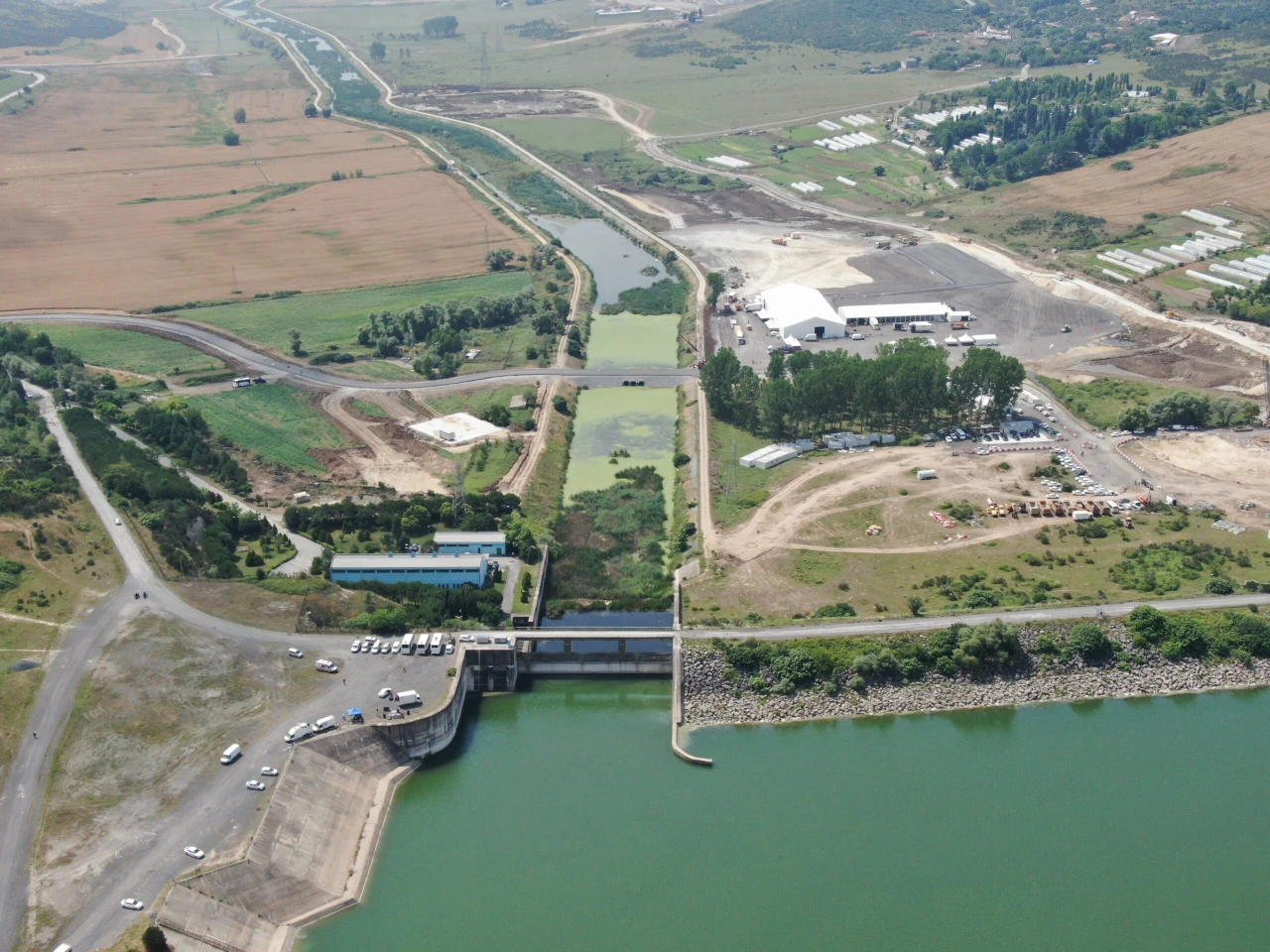Türkiye’s critical role in US munitions production amid Ukraine conflict
 Some of Repkon's products on display at the Defense Logistics and Support Summit (DLSS), Ankara, Türkiye, Dec. 7, 2021 (AA Photo)
Some of Repkon's products on display at the Defense Logistics and Support Summit (DLSS), Ankara, Türkiye, Dec. 7, 2021 (AA Photo)
As the conflict in Ukraine intensifies, the demand for artillery shells and other munitions has surged, prompting the U.S. military to accelerate its production efforts.
In this regard, the U.S. aims to rapidly scale up its munitions production capabilities by leveraging advanced Turkish technology and machinery.
“Do the Russians have this technology?”
The conflict in Ukraine has left the U.S. military and allies wanting shells and other firepower, triggering a push to quickly boost production. The Pentagon is spending $6 billion to revamp production plants with modern equipment and expand output at new facilities.
Walking past new hydraulic presses and orange robots handling semifinished artillery shells, U.S. Army Secretary Christine Wormuth had a question for a manufacturing company executive.
“Do the Russians have this technology?” Wormuth asked Ibrahim Kulekci, chief executive of the Turkish firm Repkon who designed and installed key machinery in the plant.
Kulekci said they wouldn’t get it from his firm. “Keep it that way,” Wormuth responded.
General Dynamics partners with Turkish firm Repkon
Armed with a $1 billion contract, defense contractor General Dynamics is leaning on complex machines to make ammunition faster and more efficiently.
General Dynamics selected Repkon, whose headquarters are in Türkiye, to supply the presses because no U.S.-based vendor could meet the deadline of having the plant up and running in 2 years.
The push to quickly expand domestic manufacturing relies heavily on foreign countries like Türkiye, which has emerged as a significant defense-equipment producer, including drones widely used in Ukraine.
“Without the support from Türkiye, this facility would be empty,” Wormuth said after a plant tour with Novakovic.
In 2019, Türkiye’s acquisition of a Russian-made missile defense system disrupted its close ties with U.S. defense companies, leading to its expulsion from the F-35 fighter jet program; however, diplomatic relations have since improved.



